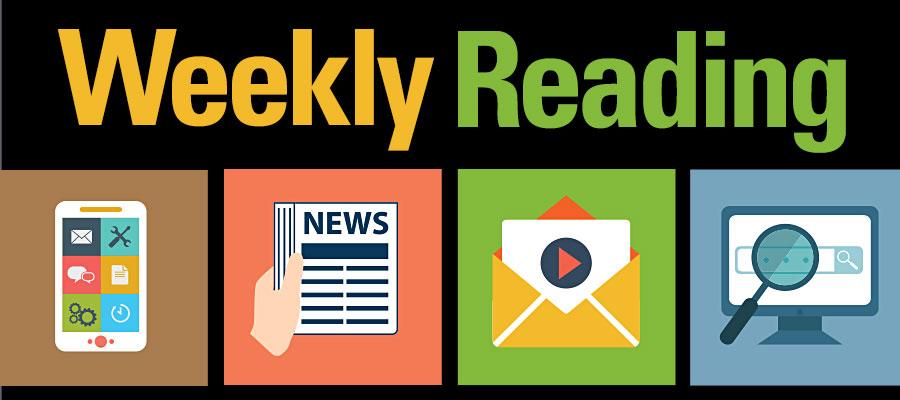FDA Commissioner on ‘Kabuki Drug-Pricing Constructs;’ Puerto Rico Hospital’s Hurricane Recovery; and More News

FDA Commissioner Talks About High Costs of Drugs.
Food and Drug Administration Commissioner Scott Gottlieb, M.D., this week criticized pharmacy benefit managers, health insurers and drug makers for “Kabuki drug-pricing constructs” that profit the industry at the expense of consumers, reports Yasmeen Abutaleb in Reuters. “Patients shouldn’t face exorbitant out-of-pocket costs, and pay money where the primary purpose is to help subsidize rebates paid to a long list of supply chain intermediaries,” Gottlieb said. “Sick people aren’t supposed to be subsidizing the healthy.”
Puerto Rico Hospital Still Recovering Months After Hurricane.
Ryder Memorial Hospital, located in the southeast region of Puerto Rico, has had a slow recovery since Hurricane Maria struck the U.S. territory. For Ryder Memorial, the area’s largest health care provider, addressing patients’ health needs has been a daunting task due to how severely the hospital was damaged, reports Steven Ross Johnson in Modern Healthcare. With four of Ryder’s five floors still closed, the hospital is operating at 25% of its normal capacity, with many of its health services limited to primary care and the emergency department.
Utah Hospitals Engage in Virtual Care.
Intermoutain Healthcare created the Connect Care Pro program to help reduce costs and length of stay for patients by extending medical services outside of traditional hospital walls. Connect Care Pro supplements existing staff and provides specialized services in rural communities where available medical care might be scant, reports Bernie Monegain for Healthcare IT News. All Intermountain Healthcare hospitals, including 10 rural facilities, use the virtual hospitals to add to their existing services, and nine hospitals outside the system already have signed up to provide high-level care and keep patients close to home whenever possible.
More Patients Want Digital Health Care.
Rising demand for digital interaction between consumers and doctors is paving the way for nontraditional players to upend the health care industry, writes Alex Kacik in Modern Healthcare. An E&Y survey reports that more than half of the nearly 2,500 consumers surveyed feel comfortable contacting their physician digitally and already use available technology. Two-thirds of the about 350 physicians surveyed agreed that digital technology will improve care and reduce the burden on the health care system and its associated costs.

